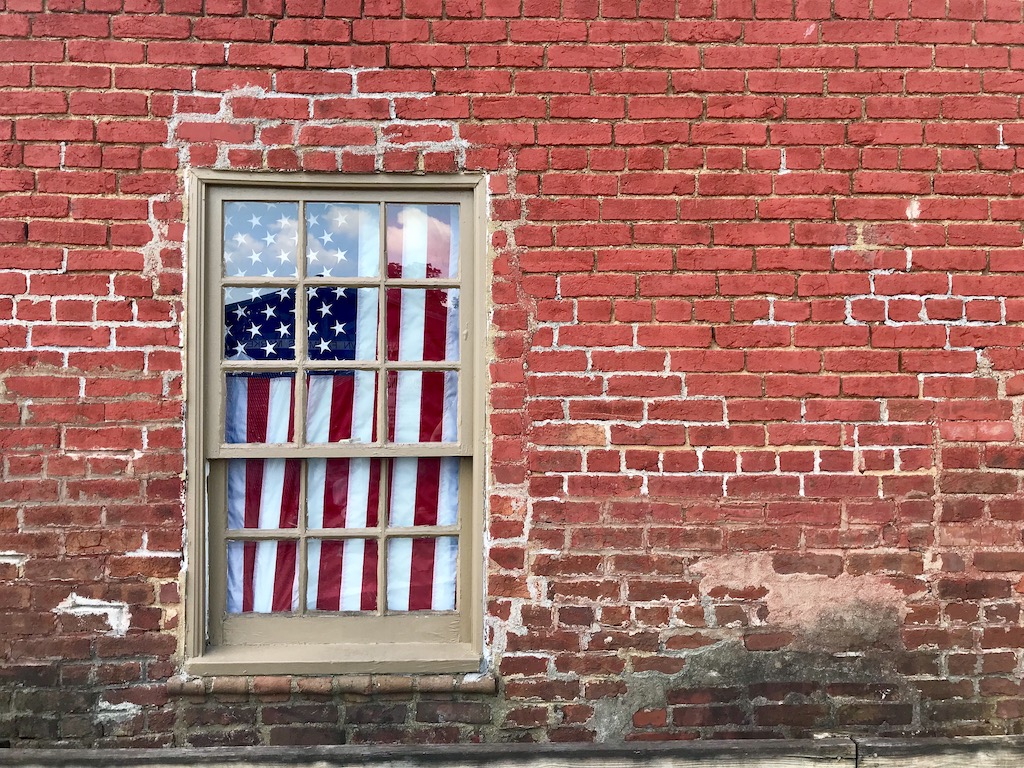In recent years, college campuses across the country have been concentrated arenas of polarization in a deeply polarized country. They functionally reveal society as a microcosm, and the trends are troubling, especially their implications for the education system. From the violent protests of controversial speakers on campus to the less visible push for ideological purity in everyday conversation, collegiate students have shifted their understanding of college as a place in which the self is educated to a place through which the world is educated.
Dr. Elizabeth Corey, a professor at Baylor University, identifies the above distinction as the “disinterested” university versus the “practical-political” education. In a “disinterested” education, the student suspends their judgement and engages in a dialogue of ideas. A robust education in the liberal arts supports this approach. A “practical-political” education, however, approaches education as vocational preparation–and some students see their vocation as activism, an opportunity to change the world. College then becomes, for them, not an opportunity to challenge assumptions, but an excuse to reinforce them.
Students pursuing an activist education view people on the scale of Marxist privilege dichotomies – white or not, wealthy or not, educated or not, able-bodied or not. Those who are on the socially advantageous end of the dichotomies cannot speak, because they cannot understand their own biases, and are therefore excluded from conversation. If, say, a professor in an ostensibly privileged position accidentally offends an ostensibly unprivileged student, the professor is effectively ostracized without question of intent. While the “practical-political” education comports itself very well for announcing and defending an agenda to the world, this mode reduces people to their faults or their sufferings, their privilege or lack thereof. Victimhood is not shameful but encouraged.
Although I have been speaking very critically of the political understanding of education–indeed, a political understanding of society–I can apprehend its legitimate concerns that make its mitigation difficult. The phenomenon of unconscious bias implicit in the theory of microaggressions makes quotidian racism difficult to prove beyond reasonable doubt, yet we experience it and acknowledge it in our daily lives. Intersectionality posits legitimate “intersections” of privilege and lack thereof that affect people’s lives and livelihoods around us. We cannot ignore these phenomena; we cannot justify their every offensive instance.
Thus arises a difficult solution: abundant humility. Both in society and on campus, we witness offensive ideas. However, the purpose of college, and the purpose of life, is not to avoid offense, but to overcome it. Human beings increase their strength by enduring adversity when it inevitably befalls them, whether the idea be an existential threat or a controversial idea. Being exposed to adversity can always refine one’s mind and morals, even if by antithesis rather than synthesis. A true student must learn to let go of even the pride they deserve.
The purpose of college then reveals itself to be the process of dissolution of the self for the realization of the self. In order to understand anything–a text, a theory, or even oneself–one must assent to it, even love it. A “disinterested” education is not disinterested in everything; in fact, it is deeply interested in the most important things, especially wisdom. Authentic learning requires a frightening vulnerability. Without this docility, the soul can never be led anywhere beyond itself, and thus can never improve. The work of education, especially at college, does not placate the soul, but shakes it up, stretches it and pulls it in painful but enlightening ways. At college, one ought to, as E.M. Forester writes in Howard’s End, “Only connect!” and, “Live in fragments no longer.” This exercise of connection inevitably entails engaging in “useless” work, such as studying archaic dead languages or proving geometric proofs that have been proven time and time again. But the student does not read Virgil or prove Euclid to announce a discovery to the world; she does it to delight in knowing.
How does the work of college, then, relate to the work of life? If one cannot use a liberal education to disarm one’s opponent in political discourse, why bother with it at all? Just as college is a microcosm of society, the work of the student is a microcosm of the work of all people. The telos of the college student is to love knowledge enough to allow it to change them. Paradoxically, by suspending the axes of privilege affecting her existence, and indeed by suspending much of her identity, the student grows and realizes a fuller identity. What is the work of life if not to realize one’s identity? Kierkegaard wrote in The Sickness Unto Death, “…to have a self, to be a self, is the greatest concession made to man, but at the same time it is eternity’s demand upon him.” Becoming a self is the work both at college specifically and in life universally. The “practical-political” education seeks to be right; the “disinterested” education seeks to be wise. Only when we begin by wonder, rather than begin with a theory, can we fully realize our position in the world, not as those who work to change the world, but to be changed by it.



